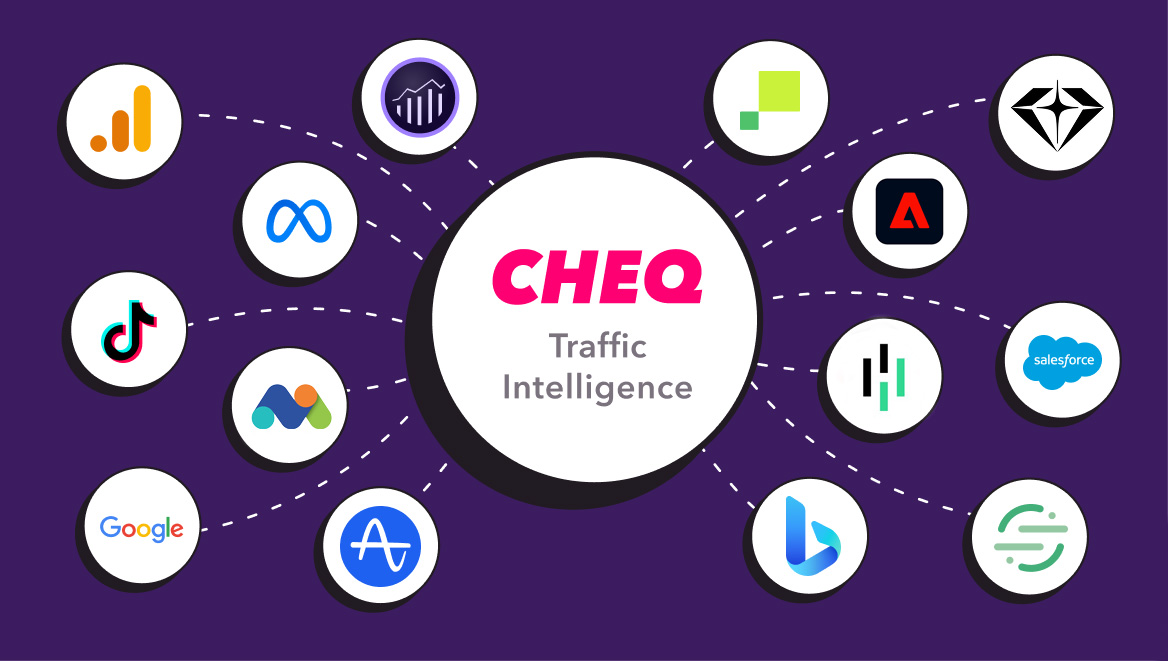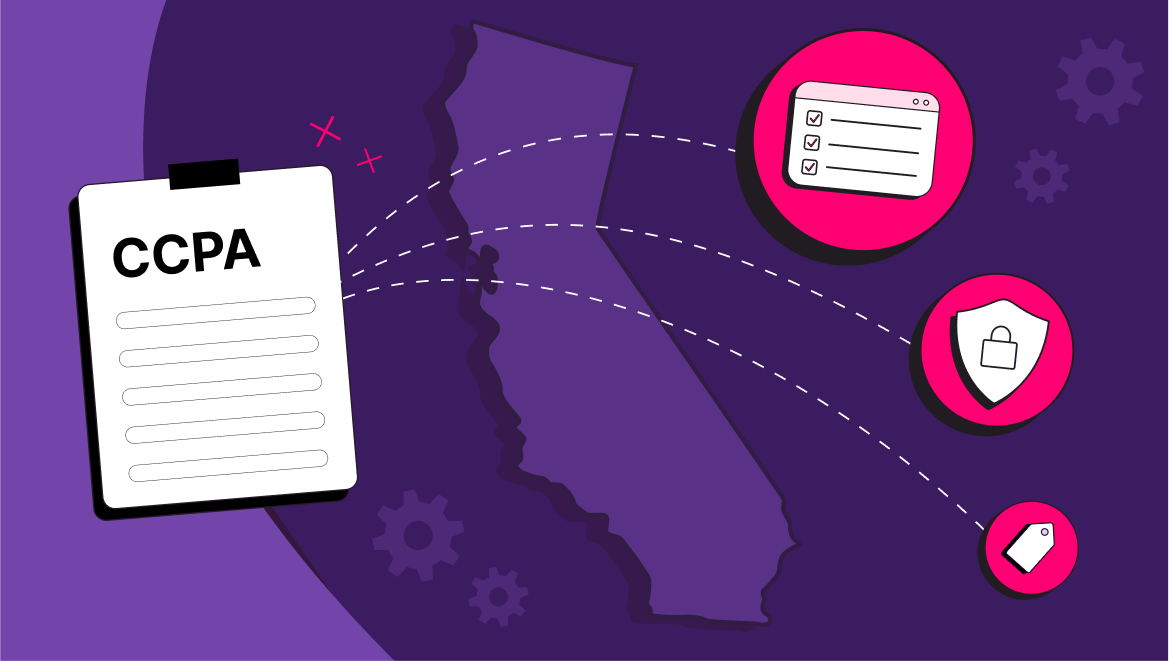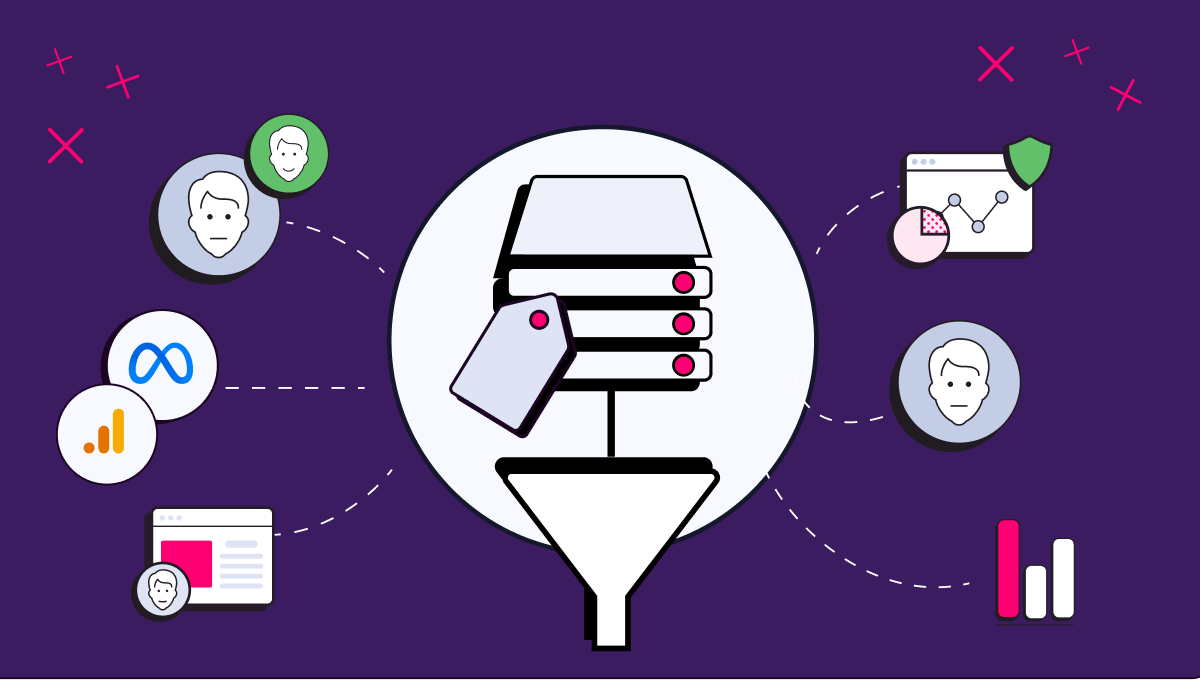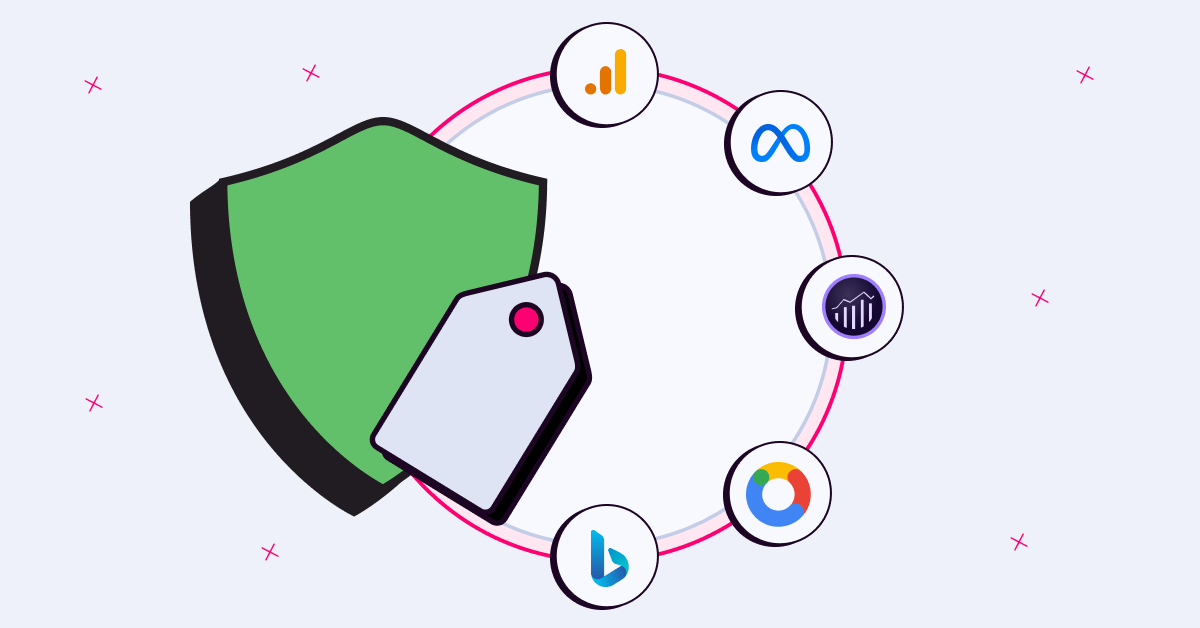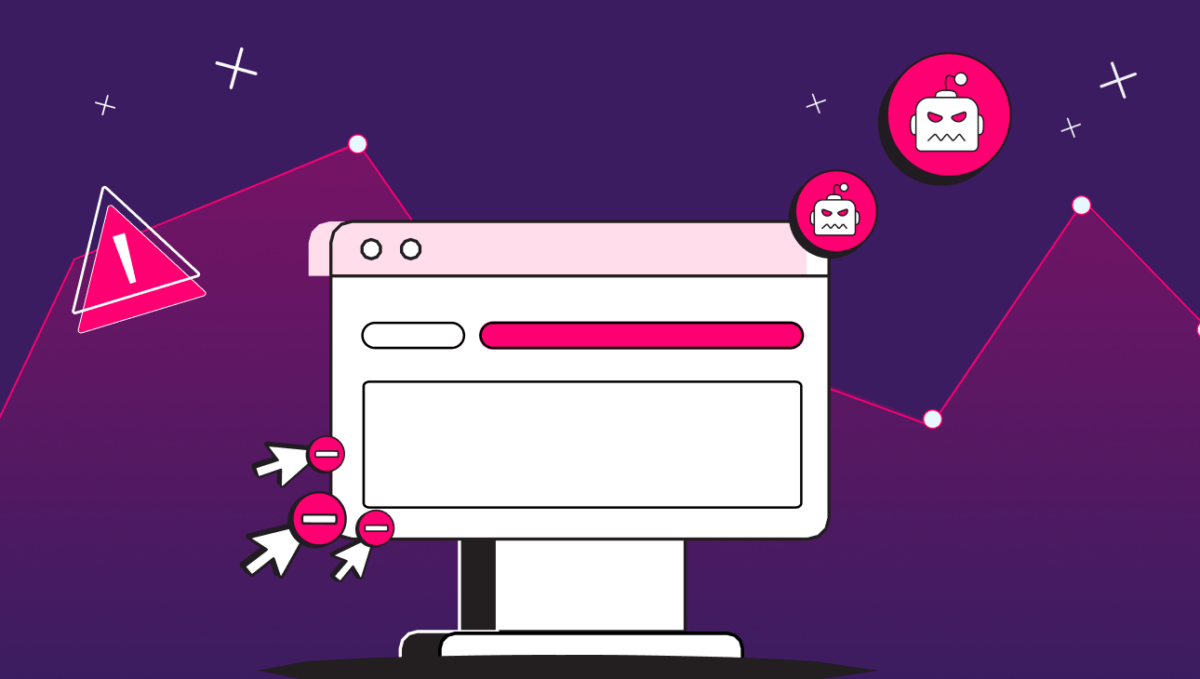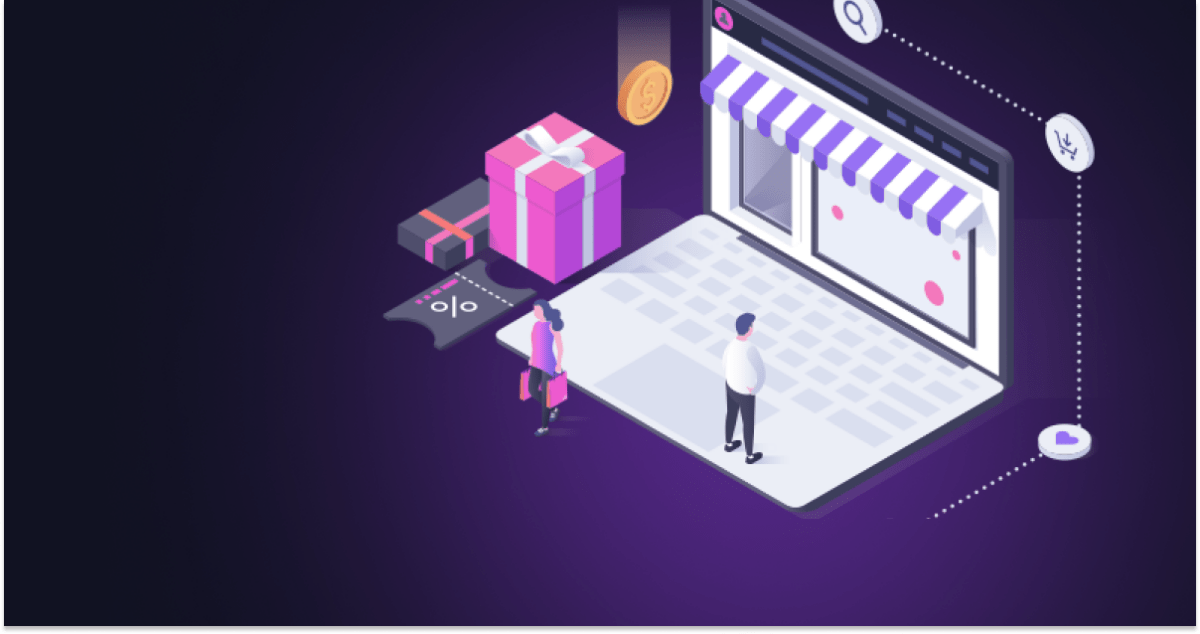What is Session Hijacking?
Kerry Coppinger
|Cyber Risks & Threats | August 03, 2022
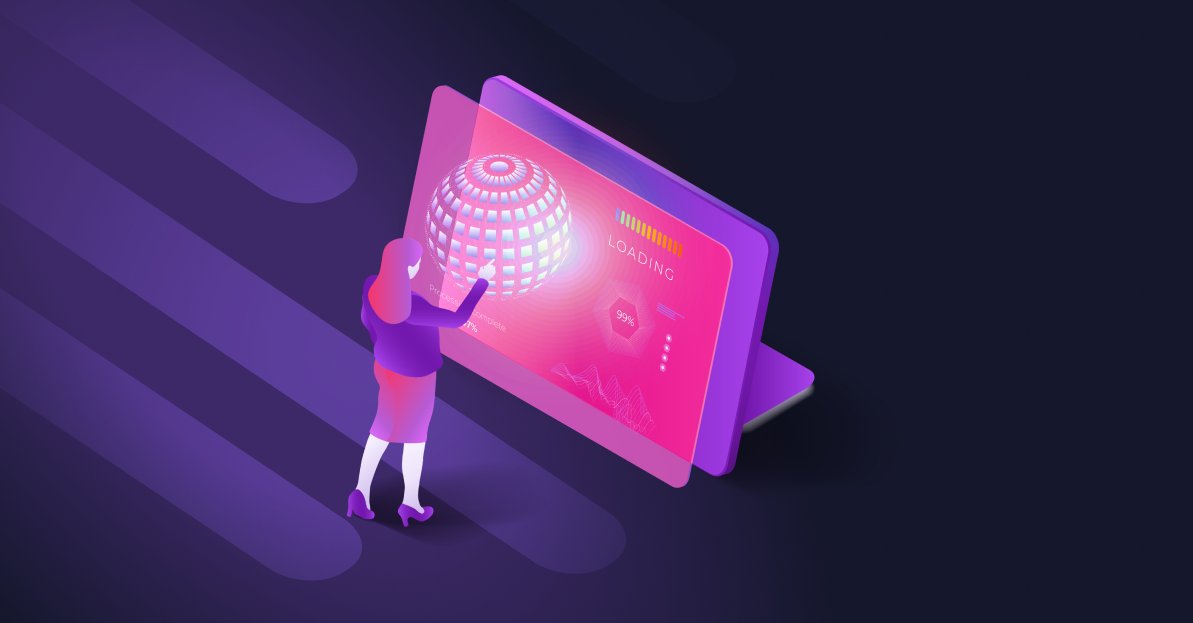
Today, there is an increased awareness of different types of internet threats. This is largely because we are living in the era of the Fake Web, and news stories about both individuals and businesses having their private information compromised have unfortunately become very common. Naturally, this phenomenon leads to many questions from consumers about how these threats impact their lives, and it also leads to many businesses taking action to ensure they are not the next target for cybercrime. One of the many terms that come up in the Fake Web vernacular is “Session Hijacking.” This particular article outlines the definition of this word, and how it affects the digital world at large.
How is Session Hijacking defined?
Session Hijacking is the act of a malicious user overtaking an internet session that was first initiated by a legitimate user. This occurs when a regular person begins to browse the internet, and then a bad actor – through hacking tools – is able to capture a user token from that person and jump in and take control of that session. The main reason for doing this is so that the malicious user can view whatever the original person was accessing on their computer. Often, malicious users want to access personal details about others that they could not otherwise see through normal internet browsing. Session Hijacking gives them a VIP pass to servers that may have otherwise blocked them.
What damage does this cause to regular internet users?
As one can imagine, having a hijacker view the internet activity of an innocent bystander can lead to a variety of issues. If the original user was using the internet to look at personal information, bank account details, medical history, or government documents, this could potentially lead to identity theft. On the slightly less personal front, the hijacker may also be able to login into a social media profile after seeing a user type in their password or take advantage of discounts or promotions that the original user rightfully earned.
How does Session Hijacking harm businesses?
When a user discovers they have been hijacked or that their information has been stolen after accessing a particular business’s website, it might cause that person to mistrust the business and eventually cause that business to lose trustworthiness on a larger level if instances of fraud continue. Additionally, there is a significant financial impact on businesses. If the valid user rightfully reports fraud after their credentials were stolen to purchase items they did not want or receive – this could cause the business to lose both inventory and potential profit. In fact, research has shown that nearly half a billion ‘shoppers’ from organic searches are actually fake users. As one can imagine, this leads to massive quantities of unnecessary chargeback fraud, among other issues.
What can businesses do to prevent Session Hijacking?
In order to prevent these types of targeted attacks from happening in the first place, many business leaders are choosing to make cybersecurity more of a holistic strategy for the entire organization. This means democratizing a once-siloed department, and ensuring all teams are protected from the imminent threats of bots and fake users.
Want to protect your sites and ads? Click here to Request a Demo.



